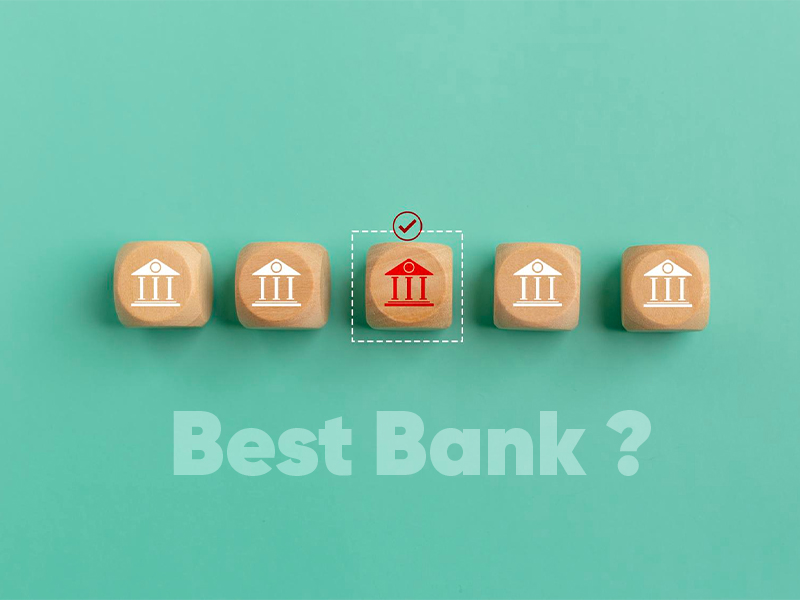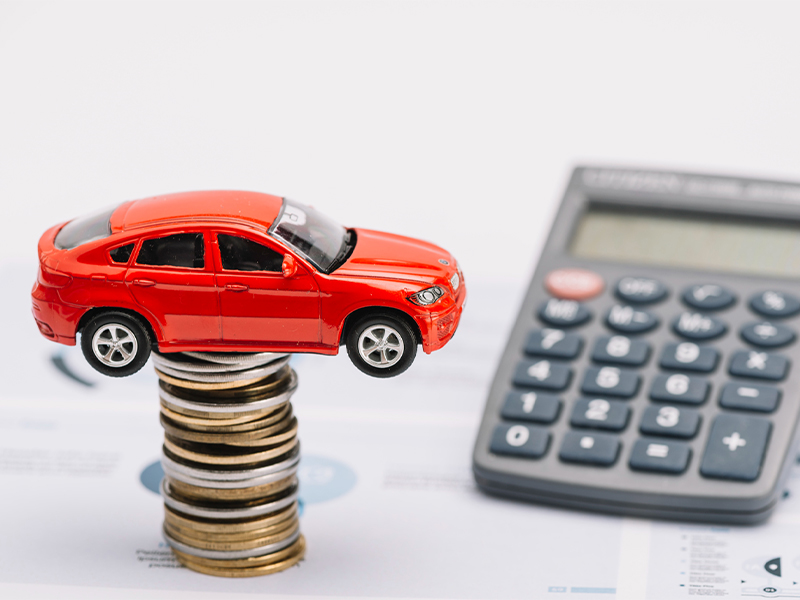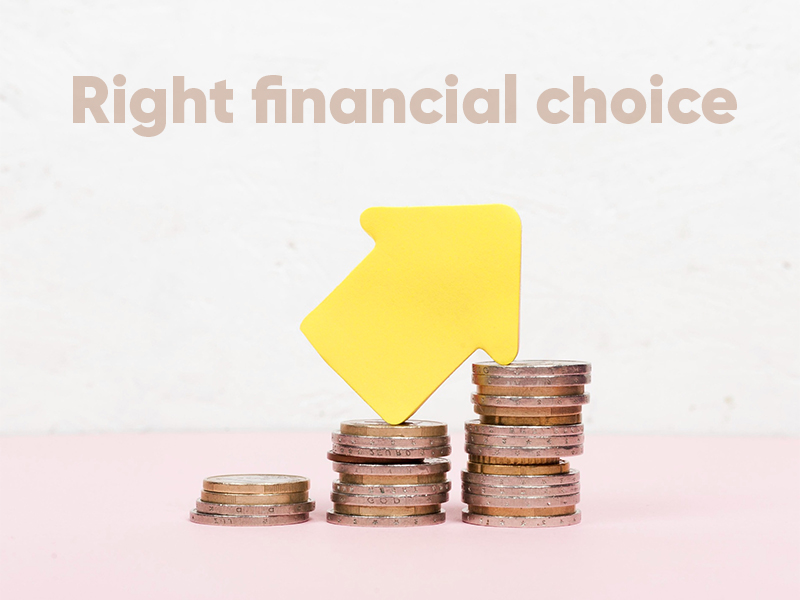In India, purchasing a car is considered a major milestone in one’s life. The final question arising after car selection is whether to invest as an outright purchase or finance the vehicle. And when it comes to financing a car, understanding Car Loan Interest Rates is the framework for making a smart financial decision. These ‘digits’ ultimately fix the amount one will pay in total for the vehicle. This guide shall be your mind mantra for understanding car loan interest rates from scratch.
Also Read: Car Lease vs Buy: The Ultimate Guide
What Are Car Loan Interest Rates?

Car Loan Interest Rates refer to the percentage lending entities charge you on the principal sum of the loan.
Factors Affecting Car Interest Rates
The current auto loan interest rates tend to fluctuate depending on economic factors:
- Reserve Bank of India (RBI) Policy: Changes in the repo rate (RBI’s lending rate for commercial banks) directly affect interest rates.
- Inflation: High inflation is equivalent to higher interest rates.
- Economic Growth: Demand for credit consistently increases in a growing economy, pushing the car interest rates. Similarly, rates might fall in paced economic periods
- Demand and Supply of Credit: High demand for auto loans translates to increased interest rates.
- Market Liquidity: Interest rates tend to be lower with excess liquidity in the financial field.
- Market Competition: Existing competition influences fluctuations in interest rates, as banks adjust rates to attract more customers.
Types of Interest Rates: Fixed vs Floating
When one applies for a car loan, lending bodies offer either a fixed interest rate or a floating interest rate:
- Fixed Interest Rate: A fixed interest rate amounts to a constant car loan interest rate throughout the loan period. EMI (Equated Monthly Installment) will not vary irrespective of market fluctuations.
- Floating Interest Rate: A floating interest rate (variable rate) varies over the entire loan duration. It is linked to the entities’ benchmark rates, which fluctuate with market trends.
| Fixed Interest Rate | Floating Interest Rate |
| Higher Interest rate | Lower Interest rate |
| Constant EMIs | Varying EMIs, according to MCLR changes |
| Comes with lower risk | Comes with higher risk (If market rates rise) |
| Easy budget preparations with fixed rates | Harder maintain budgets due to rate inconsistency |
| Offers security and stability | Offers savings (If market rates fall) |
| Good for short loan tenure (3-10 years) | Good for long loan tenure (20-30 years) |
Opting for the best type depends on the loan size and repayment plan/loan duration.
20/4-10 Rule: Smart Way to Pay for a Car
One go-to guideline for buying a car is the 20/4-10 rule, where the digits stand for:
- Paying 20% as down payment for the car.
- Financing the vehicle for not more than 4 years.
- Keeping EMIs under 10% of your income.
This rule prevents overextending finances and helps manage car loans efficiently. Following such key principles can ensure you pay your car loan effectively without incurring debt.
Choosing the Best Bank and Loan for Your Car

Compare different loan options and financing entities instead of fixating on one. A true car loan comparison helps you pinpoint which lender provides the optimal car loan interest rate fitting your financial situation. Never forget to refer back to the best car refinance rates if you switch your lending entity.
With the current enhanced market and thriving financing options, it is natural to take your time deciding the best bank for a car loan. The choice will depend on factors like:
- Interest Rates
- Loan Flexibility
- Customer Service.
Follow up on banks that offer competitive rates and conditions that suit your financial terms.
Similarly, deciding on the Best Loan for a car means considering all factors, including individualistic variables:
- Credit Score: A pristine credit score assures lenders of your sincerity with your past repayments, resulting in a slightly low-interest car loan.
- Loan Term: Longer tenure means EMIs will be lower but interest will be higher. Contrary to this, selecting a shorter duration is followed by higher EMIs with lower auto loan rates, simply because the loan will be cleared faster.
- Buying Car Condition: Interest rates vary based on the car’s condition and market demand. They differ depending on whether the vehicle hails straight from OEM/dealership or the used-car market.
Must Read: Top Car Brands with High Resale Value
The best option to pay for a car will depend on your initial downpayment and the final financed amount. Target a loan that leases a balance of low interest rates and manageable monthly payments.
Car Loan Calculator: Plan Your Payments

Before finalising a car loan, cross-check using any car loan EMI calculator. These digital tools allow you to input the loan amount, interest rate, and loan duration to predict your monthly payments.
Consider the best car refinance rates if you ever wish to refinance in future. This could hike your savings if you secure a lower interest rate after improving your credit score.
Making the Right Financial Choice

Selecting the right car loan seeks more than just herding with the lowest car loan interest rates. The process needs financial awareness and knowledge of current auto loan interest rates. Use every available tool to plan and explore different loan types.
Never rush into a loan. Take time to consider all available vehicle financing options. By raising awareness, you will ultimately choose the best financing option for your needs.





